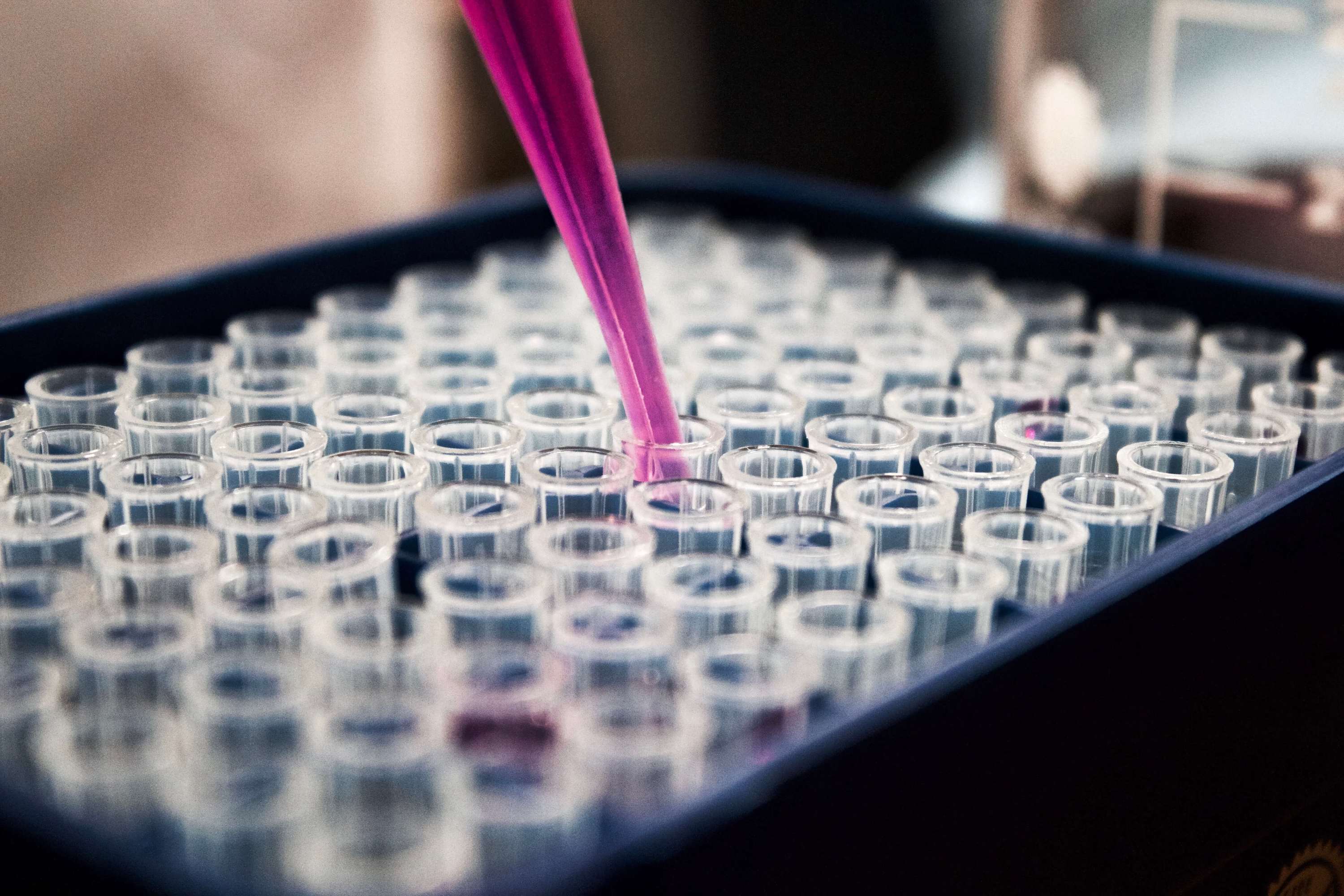- to carry out experiments and conduct research in the field of radiobiology
- to analyse obtained data, draw conclusions and recommendations, publish research papers
- to employ mathematical tools and software to automate experiments, store, analyse and visualise biological information
- to identify and apply experimental and theoretically calculated research methods
- to analyse research papers in Russian and English languages
- to design the educational process
About the group of scientific specialties
mode of study
full-time
duration of the course
4 years
tuition fees, ₽
from 113 100 to 188 500 (2024)
Scientific specialties
Radiobiology
What will I learn?
Advantages of the programme
- highly experienced lecturers
- internship at leading companies in Chelyabinsk
- work on real-world research project
- the opportunity to receive a grant for your own research
Who will I be?
- a lecturer or a researcher
- a research fellow
- a head of research groups
- an associate professor
Entrance examinations
- entrants must pass the entrance examinations in the special discipline and a foreign language
- entrance tests are aimed at assessing the knowledge of applicants received during the development of higher education programmes
- the minimum number of points, confirming the successful completion of the entrance test - 40
- each entrance test is passed once
Disciplines to be studied
Biochemistry
What will I learn?
- to analyze and synthesise biologically active substances, identify their physiological effects and possible applications in medicine and other fields
- to establish the physical and chemical basis for the functioning of the most important systems of living cells by means of chemical methods
- to solve the problems of protecting human and animal health, identify the causes of various diseases and seek ways to treat them effectively
- to analyse problems of the chemical and biochemical processing of organs, tissues and artificial materials, their storage and application as transplants
- to investigate the mechanisms and patterns of metabolism in humans, animals, plants and microorganisms
- to solve the problems of adaptation, modification of productivity and breeding of living organisms
- to investigate the molecular mechanisms of response of cellular components and living organisms to penetrating radiation, ultraviolet and ionising radiation, electromagnetic fields, mechanical, cold, heat, chemical, toxic and other extreme influences
- to create special biochemical equipment, develop the principles of enzymological engineering and ways of applying biochemical processes in industry
- to investigate the structure, properties and functioning of individual molecules and supramolecular complexes in biological objects
- to establish the chemical composition of living organisms, identify patterns of structure, content and transformation in the course of life
- to investigate the problems of energy transformation in biosystems, molecular basis of evolution, and origin of life and pre-biological evolution
- to isolate and reconstruct molecular assemblies, simulate biochemical processes
Advantages of the programme
- modern teaching facilities: laboratory of biochemical fundamentals of personalised medicine, cybernetic laboratory
- internships in healthcare institutions (polyclinics, hospitals, outpatient clinics, clinics, medical centres), research and development institutions in the fields of biology, medicine, agriculture and the environment, as well as in colleges and higher education institutions
- lecturers: Candidates and Doctors of Sciences
- participation in scientific conferences, seminars and forums
- the ppportunity to publish research results in "Bulletin of Chelyabinsk State University. Education and Healthcare"
Who will I be?
a researcher in the field of biological sciences
a higher education lecturer
a biochemist
Entrance examinations
- entrants must pass the entrance test in the special discipline
- entrance test aimed at assessing the knowledge of applicants received by them during the development of higher education programmes
- the minimum number of points, confirming the successful completion of the entrance test - 40
- entrance test is passed once
Study Plan
Ecology
What will I learn?
- to investigate the impact of abiotic factors of technological processes on living organisms in order to establish the limits of tolerance and resistance of organisms to anthropogenic impacts
- to assess the impact of industrial and agricultural facilities on natural and man-made ecosystems
- to conduct research in the field of environmental safety and conduct environmental monitoring
Advantages of the programme
- highly experienced lecturers – representatives of employers.
- modern teaching facilities: water community lab, botany, physical and chemical ecology labs
- teaching practice
- internships in industrial enterprises and environmental organisations
Who will I be?
- a lecturer in secondary general and higher education systems
- a research fellow
- an ecologist
Disciplines to be studied
Entrance examinations
- entrants must pass the entrance test in the special discipline
- entrance test aimed at assessing the knowledge of applicants received by them during the development of higher education programmes
- the minimum number of points, confirming the successful completion of the entrance test - 40
- entrance test is passed once
Developmental Biology, Embryology
What will I learn?
- to carry out experiments and conduct research in the fields of developmental biology and embryology
- to analyse obtained data, draw conclusions and recommendations, publish research papers
- to employ mathematical tools and software to automate experiments, store, analyse and visualise biological information
- to identify and apply experimental and theoretically calculated research methods
- to analyse research papers in Russian and English languages
- to design the educational process
Advantages of the programme
- highly experienced lecturers
- internship at leading companies in Chelyabinsk
- work on real-world research project
- the opportunity to receive a grant for your own research
Who will I be?
- a lecturer and researcher
- a research fellow
- a head of research groups
- an associate professor
Disciplines to be studied
Entrance examinations
- entrants must pass the entrance examinations in the special discipline and a foreign language
- entrance tests are aimed at assessing the knowledge of applicants received during the development of higher education programmes
- the minimum number of points, confirming the successful completion of the entrance test - 40
- each entrance test is passed once
